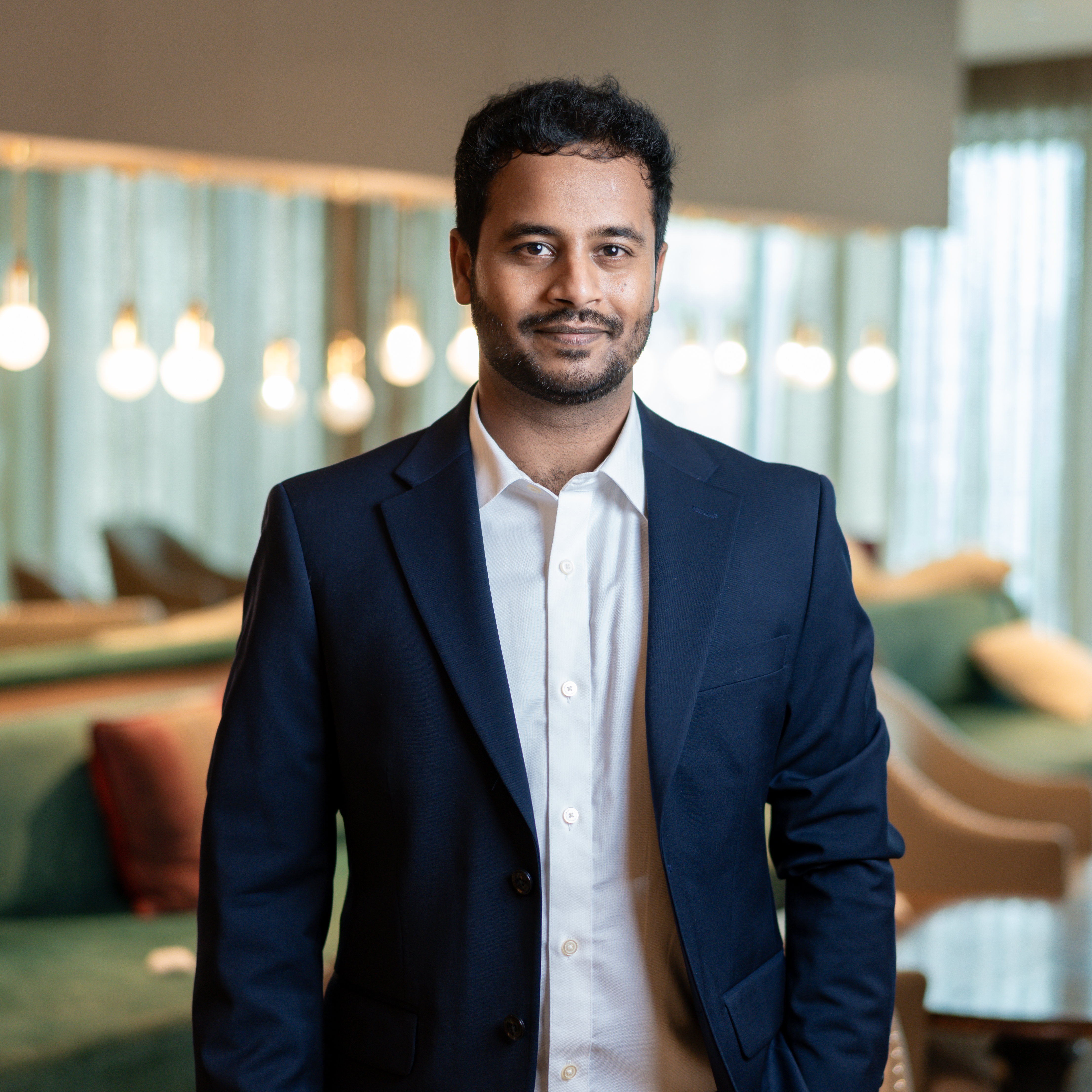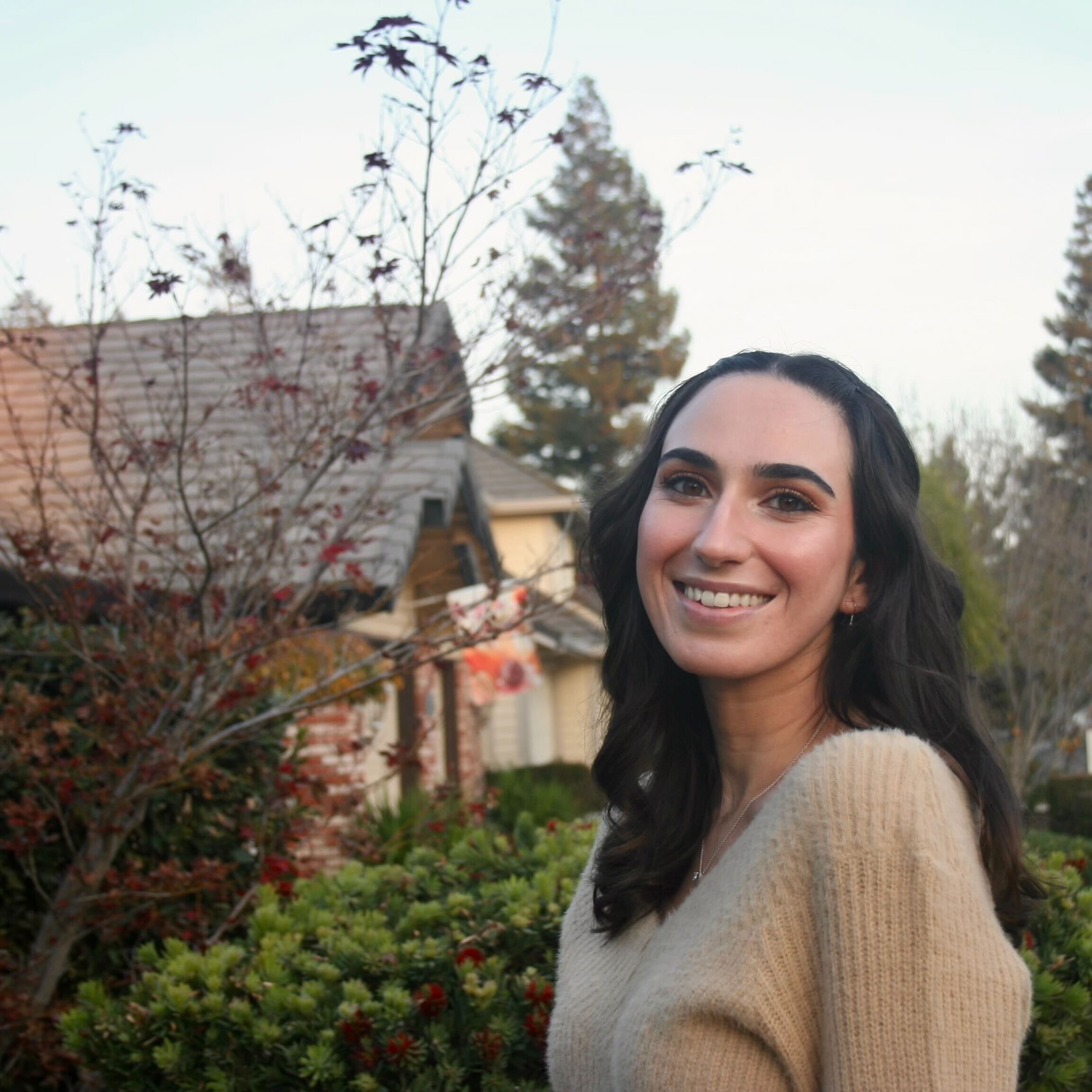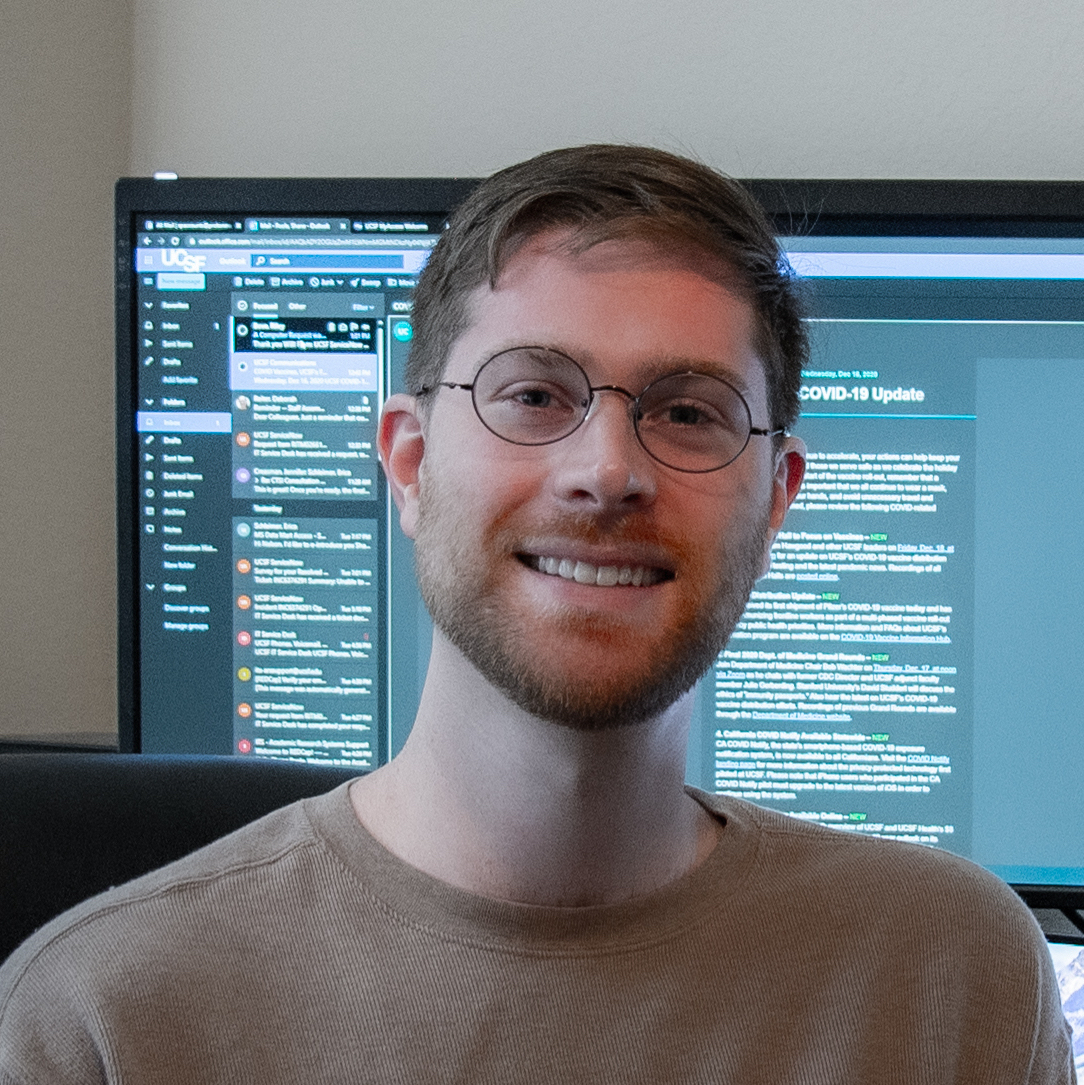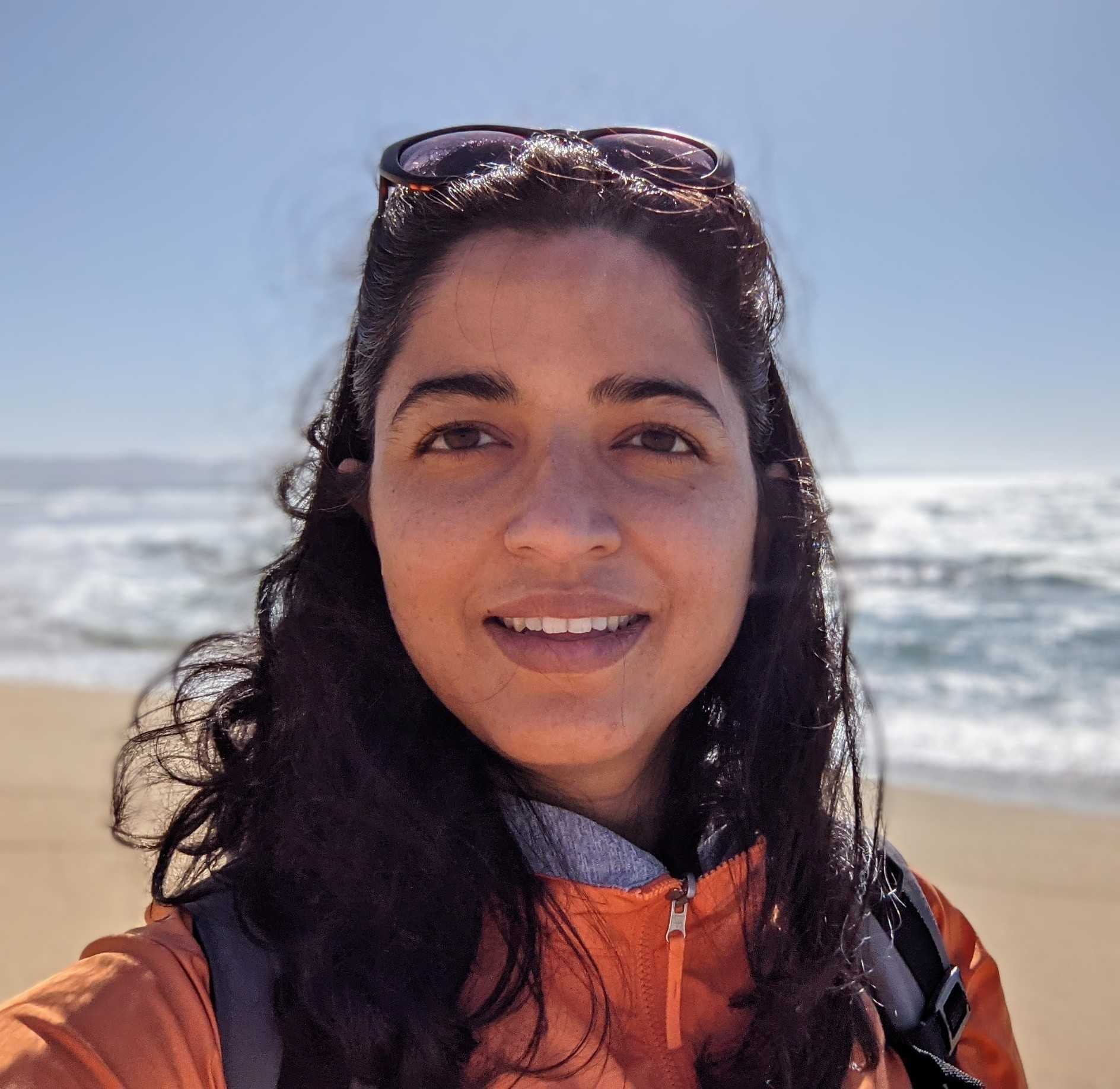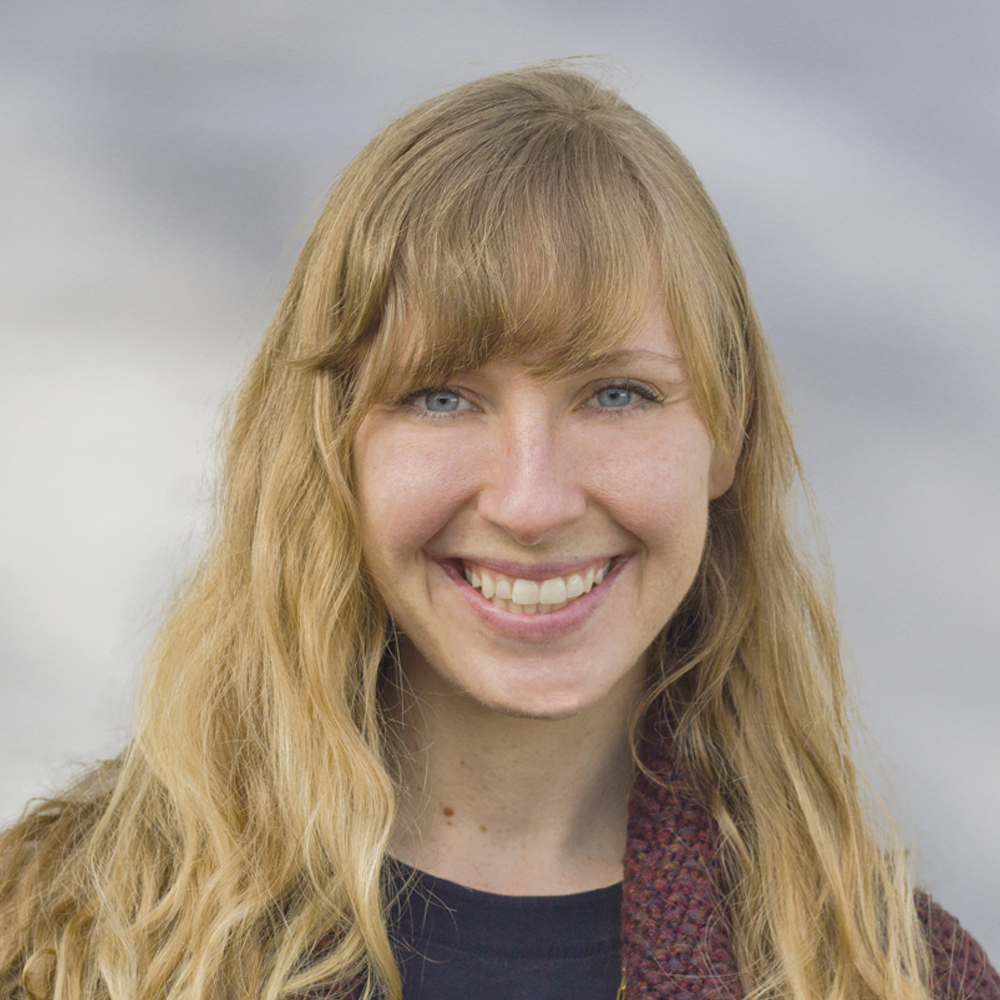Riley Bove, MD MMSc
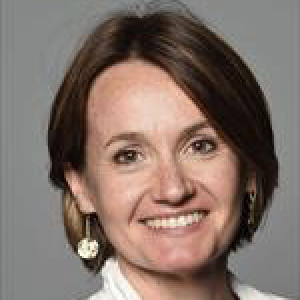
Dr. Riley Bove is Assistant Professor of Neurology, and Chief of Innovation in the UCSF Department of Neurology’s Center for Multiple Sclerosis and Neuroinflammation.
She completed a degree in Anthropology at Harvard College (Phi Beta Kappa), and through a Fulbright grant in Mali. She obtained her MD from Harvard Medical School in 2007, completed her residency in the combined Massachusetts General Hospital – Brigham and Women’s Hospital Neurology program, a clinical research fellowship at the Partners MS Center, and a Masters Degree through Harvard Medical School’s Clinical Investigator Training Program. She has received research support from the NIH and the National MS Society, among others. Dr. Bove joined the UCSF Faculty in 2015. Her research centers on developing new approaches to improving function in multiple sclerosis, including through hormonal regulation, and through technology (digital therapeutics, telemedicine, EMR-based research, precision medicine approaches). Her publication record can be found
here
and
here.
Kate Rankin, PhD
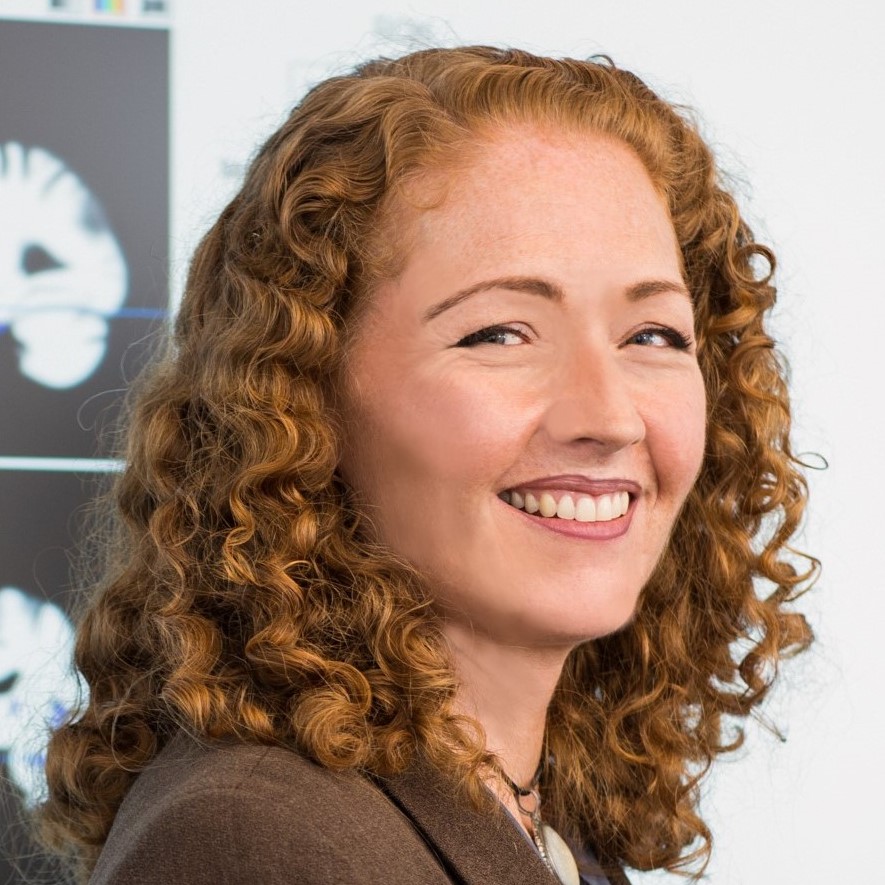
Dr. Kate Rankin is a Professor in the UCSF Department of Neurology who specializes in the neuropsychological and neurologic underpinnings of human socioemotional behavior in aging and neurodegenerative disease.
In her work at the UCSF Memory and Aging Center Dr. Rankin developed a battery of socioemotional tests that was adopted at the national level by the NIH Alzheimer’s Disease Coordinating Centers to improve diagnostic accuracy for dementia syndromes. More recently she was part of the NIH-AA committee defining the international framework for the diagnosis of Alzheimer’s disease. Her research utilizes quantitative structural and functional brain imaging to examine the neural substrates of empathy, theory of mind, personality, and the comprehension of social signals for sarcasm and deception. She also specializes in the development of strategies for aggregating cross-disciplinary data and analytic processes across labs and institutions to facilitate scientific collaboration, and has led the data/biostatistics and bioinformatics cores of a number of center grants and privately funded research consortiums. She is a leader with the UCSF-wide Precision Medicine initiative, and advises on a number of UCSF committees and boards promoting digital health and computational strategies for improving research and clinical care.
Stephan Sanders, BMBS PhD
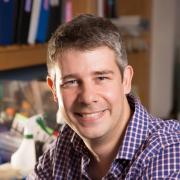
Dr. Sanders is an Associate Professor in the Department of Psychiatry who specializes in bioinformatics and genomics to elucidate the cause of autism spectrum disorder (ASD) and other neurodevelopmental disorders.
He trained as a pediatric physician in the UK before pursuing graduate and postdoctoral studies at Yale in the laboratory of Dr. Matthew State. His work has helped characterize the role of
de novo mutations in the etiology of ASD and formalize the identified of risk loci from rare variants in genomic data, including
de novo duplications of the 7q11.23 William’s Syndrome region and
de novo loss-of-function mutations in the sodium channel gene
SCN2A. As a prinicipal investigator of the Autism Sequencing Consortium (ASC) he has contributed to the identification of over one hundred genes that play a role in ASD. He co-leads the ASC whole-genome sequencing working group, which has developed the
Category-Wide Association Study (CWAS) and De Novo Risk Score (DNRS) methods for systematic evaluation of the role of rare variation in the noncoding genome. Along with being a founding member of the BRIDGE project, he directs the Psychiatry Department Bioinformatics Core, which designs and implements cloud-based genomic and functional genomic analysis pipelines for the UCSF community, sits on the Steering Committee of the
Center for Maternal-Fetal Precision Medicine.



